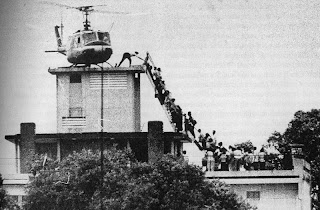 |
| My reaction to most things these days. |
It's officially at the midpoint of summer, and it's also around the time when the last thing I want to do is sit in front of a computer. Instead, all my brain wants is play with my niece, have sangria and make strawberry cake.
Which is why I have been meaning to write this post earlier, but then I couldn't quite wrap my head around what I wanted to say about the topic in question. Because the humidity makes 85 degrees feel like 100, I feel like my brain is one hop, skip and a jump away from melting into a giant puddle. Not to mention the fact that on Twitter, a lot of people had many things to say about it, some very emotional, others very astute, others all of the above.
But this past week has been an interesting one for criticism and it's made me ponder one question: Who has the last word these days?
First, let's recap. A critic named Lily Janiak for "HowlRound," a theatre blog that is read primarily by theatre artists, wrote a review of "American Nights" at California Shakespeare Theater. Criticism of said review came from staffers of the theatre (including the artistic director Jon Moscone), and other artists. Criticism of the criticism also followed.
And then editor Polly Carl posted up an apology, saying that, "There is a way that the tone of Lily's piece can be read as disrespectful. This is not a tone we want to promote on HowlRound." I initially saw the apology as an abandonment of the writer, because in the journalism world, to quote Mitt Romney, there are "no apologies," unless you spell someone's name wrong or report a false fact.
But in the ensuing hubbub, I now just see it as an editor's comments to her readers. And for those who read "HowlRound" regularly, this kind of clarification of intentions is common on the blog. Call it transparency.







